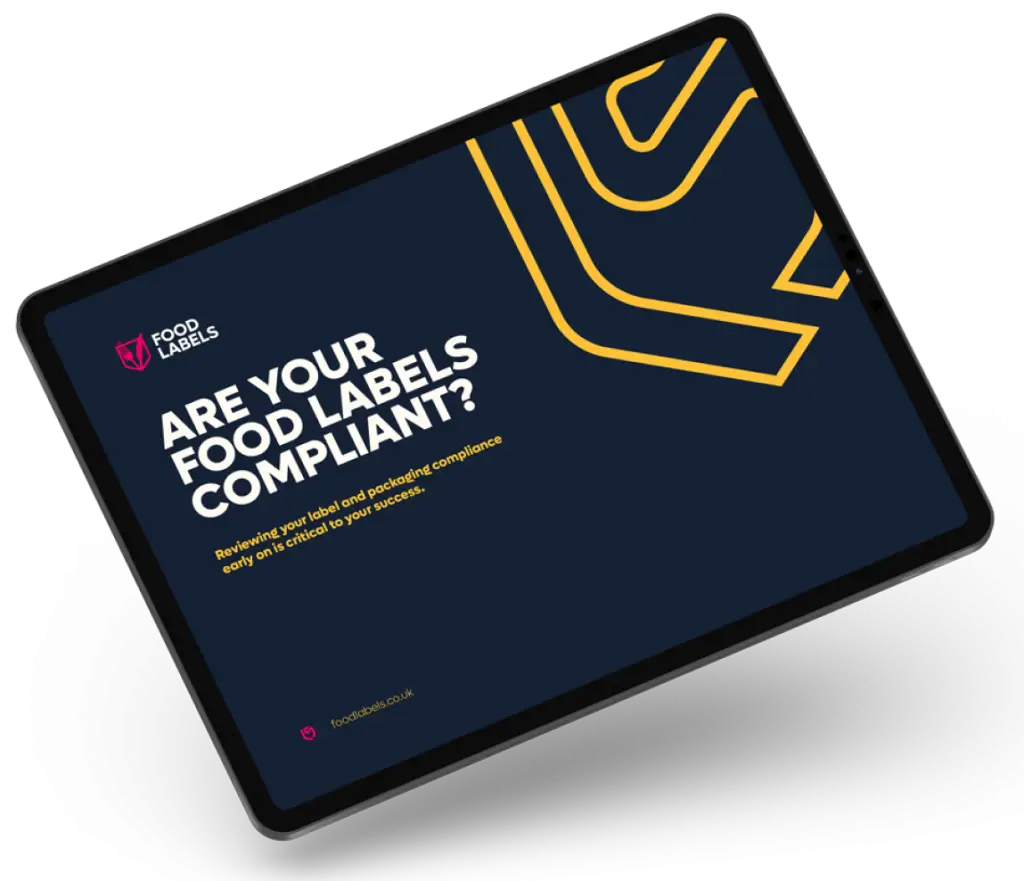No matter where you may be, it seems that its impossible to avoid the controversy that is taking place on a national level regarding food labelling. In the US, the debate between supporters and critics of GMO labelling seem incapable of finding the middle ground, while in the EU, an increasing number of mandates are resulting in complex, intimidating labels on standard food products.
According to new legislation, food manufacturers will now be required to list all allergens presents within the product on the label itself instead of on a separate box, which has been the common practice in the UK for quite a while.
The purpose of these moves is, of course, to help inform consumers as to what exactly they are receiving when they purchase food from their preferred grocer. Given the fact that many people have quite serious reactions to common and prevalent allergens, these new labelling requirements may provide some benefit.
For food manufacturers, the frustration lies not in the intention but in the logistics of these moves themselves. Legislative changes are inevitably tied to significant shifts in label design and production, resulting in costly transactions that cut into already shrinking profit margins.
The fact that policy changes such as these are occurring, however, is a sign that overall levels of accountability have been increased. Transparency in the food industry, by any standard, can be a good idea, and the vast majority of corporate entities would agree with this. Perhaps if EU policy makers could produce a long-term solution, businesses across Europe would be less frustrated by these moves. As it stands right now, however, the unceasing array of minor tweaks and adjustments in labelling policy is leaving many key industry players feeling irate and obstinate.
In the US, the situation is equally as invasive. GMO companies are investing vast sums of money into ad campaigns in an effort to ensure that labelling mandates will not be passed in state elections, the concern being that a victory for anti-GMO advocates in these situations would increase and nourish the stigma against GMO products on a domestic level.














